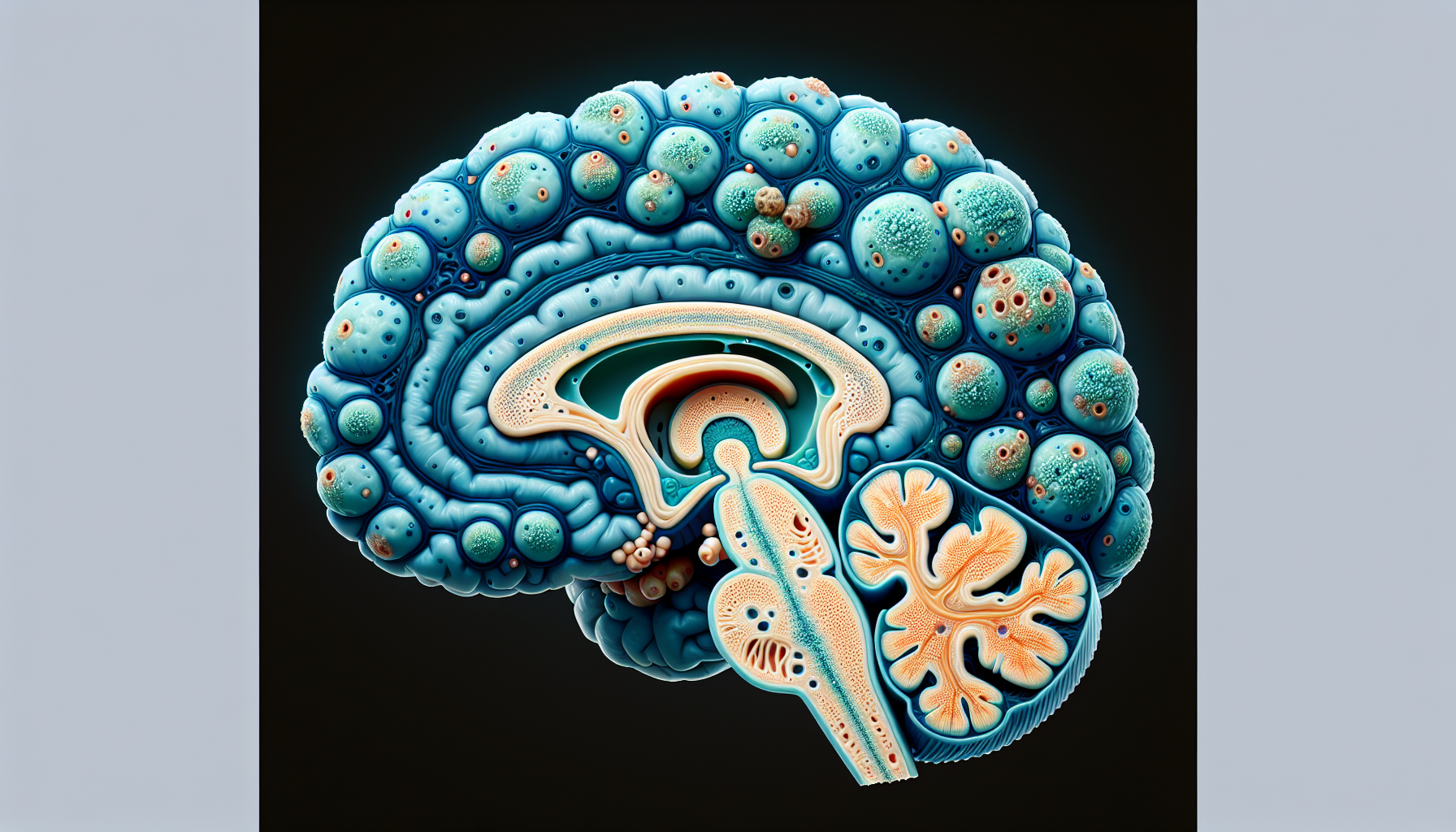New Trial Aims to Improve Diagnosis of Heart Condition in Women
Key Takeaways
- Genetesis launched the MICRO2 trial to improve heart condition diagnoses.
- The trial aims to validate the use of MCG for noninvasive CMD detection.
- Results are expected in early 2025 with an FDA submission to follow.
Did You Know?
Introduction to the MICRO2 Trial
The MICRO2 trial has officially begun its journey to improve heart condition diagnoses, with the enrollment of the first patient at Ascension St. John Hospital in Detroit, Michigan. This research, backed by Genetesis, Inc., aims to validate previous evidence on using magnetocardiography (MCG) for identifying heart issues.
Specifically, the study will explore how effective MCG can be at diagnosing coronary microvascular dysfunction (CMD) without invasive procedures. CMD is a condition where the small arteries in the heart don't work properly, leading to a lack of oxygen and nutrients in the heart muscle.
Study Focus and Goals
The MICRO2 trial aims to show that MCG can noninvasively detect myocardial ischemia, a condition where blood flow to the heart is reduced. This trial builds upon findings from earlier MICRO and MICRO-T trials.
The ultimate goal is to present this data to the FDA for approval, which would mark a significant advancement in CMD diagnosis. If approved, this would be the first time such a diagnostic tool has gained FDA recognition for this application.
Challenges in Diagnosing CMD
CMD often goes unrecognized because it doesn't show up in traditional cardiovascular tests for issues like clogged arteries. This can lead to patients being misdiagnosed or told they don't have a heart-related issue when they actually do.
Patients who are initially told their symptoms are non-cardiac often discover later that CMD was the cause of their issues. A more effective diagnostic tool like MCG could help these patients get the right diagnosis sooner.
Impact on Patients and Healthcare
It's estimated that over 4 million people in the U.S. are affected by ischemia with no evidence of obstructed arteries (INOCA), and a significant portion of these may have CMD. These patients tend to make more visits to doctors and end up in the hospital more often than others.
Women are particularly affected by CMD, but the reasons for this aren't fully understood yet. The new diagnostic tool could lessen the burden on both patients and healthcare systems by providing a quicker, more accurate diagnosis.
What Genetesis Hopes to Achieve
Through the MICRO2 trial, Genetesis aims to gather enough evidence to support their application to the FDA. The company's CardioFlux MCG technology has already been cleared by the FDA for other uses and promises a near-instant assessment of heart health without the need for invasive procedures.
The trial will involve at least 135 patients across multiple sites, including renowned medical centers such as the Cleveland Clinic and the University of Florida.
Looking Ahead
Results from the MICRO2 trial are expected in early 2025, with a formal request to the FDA soon after. If successful, this new diagnostic method could become widely available, making it easier for doctors to identify CMD and other heart conditions early on.
Genetesis continues to push the boundaries in heart disease diagnosis and aims to bring innovative solutions to doctors and patients alike.
References
- Genetesishttps://www.genetesis.com
- Ascension St. John Hospitalhttps://healthcare.ascension.org/Locations/Michigan/MIDET/Detroit-Ascension-St-John-Hospital
- Cleveland Clinichttps://my.clevelandclinic.org
- University of Floridahttps://ufhealth.org





